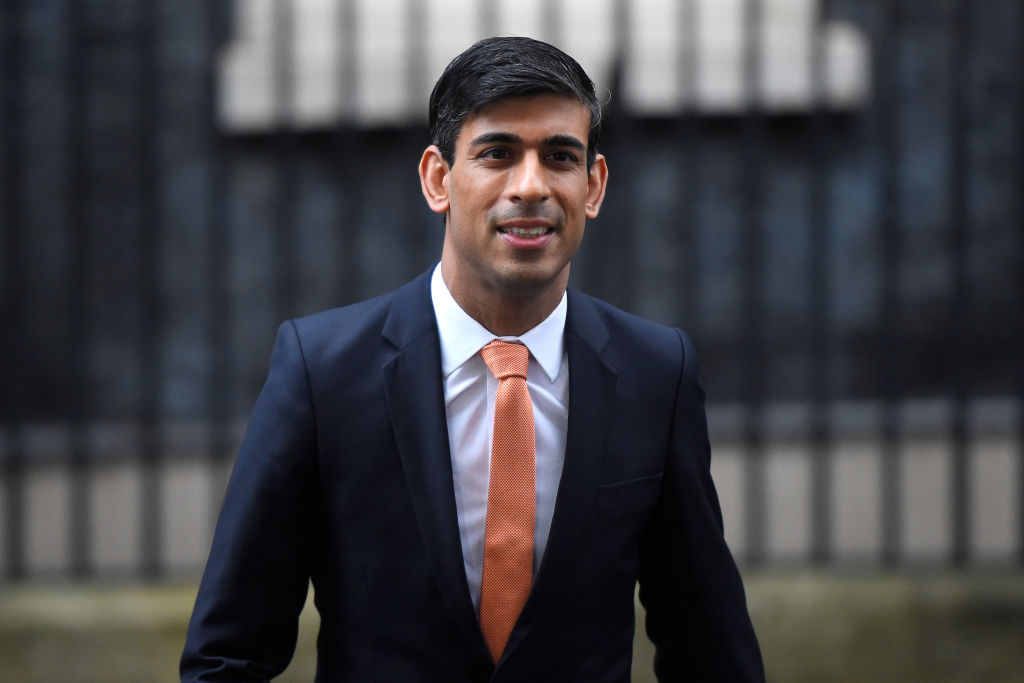
GBP/EUR Update - Cabinet Reshuffle - CityAM
by Adam JordanReports over the weekend of tensions rising between the UK and the EU over trade negotiations meant that the pound got off to a shaky start this week.
Despite this, sterling did make some gains later in the day, reflecting investors’ optimism that a suitable deal will be reached, despite reports that the EU may clear euro contracts from London and withdraw concessions made to the UK in the MiFID 2 financial regulations. It appears that the market will wait for the meeting held on the 3rd March before reacting. Despite the fact that the UK’s economy stagnated in Q4 of 2019, the 0% growth figure had been expected and it still put the UK economy at 1.1% growth for calendar year 2019, helping sterling make gains.
Towards the end of the week, the pound made gains after the surprise resignation of Sajid Javid as the Chancellor of the Exchequer in a Cabinet reshuffle that also saw several other leading figures lose their posts. Sterling made gains against the US dollar and the euro after his departure was confirmed and gathered pace later in the afternoon when his replacement, Rishi Sunak, was announced. The budget is due on 11th March, which gives the new Chancellor very little time, but analysts are already expecting a change from what was forecast from the former Chancellor’s budget. While Sajid Javid was expected to limit public spending, Rishi Sunak is expected to deliver a budget which includes a looser fiscal programme and more government borrowing, in line with the views of the Prime Minister. A look at Sunak’s voting record suggest that he supports reductions in corporation tax, cuts to capital gains tax and favours infrastructure investment, all of which could be good news for the pound.
The Eurozone’s Sentix investor confidence gauge fell from 7.6 to 5.2, lower than the 6.1 forecast, and put pressure on an already struggling euro. The General Election results in Ireland did little to offer any clarity – he first round of results indicated a win for Sinn Féin, with 24.5% of the vote, compared to Fianna Fáil’s 22.2% and 20.9% for Fine Gael but whether a coalition government can be formed remains to be seen. Key members of the ECB have been at pains to point out that monetary policy is not a panacea for the challenges across Europe. While the ECB is committed to developing supportive policies, Christine Lagarde’s speech in Brussels to the European Parliament made the view clear when she stated, “monetary policy cannot, and should not, be the only game in town… fiscal and structural polices also have to play their part”. The statement didn’t give any assistance to the euro and as the week drew to a close, disappointing industrial production data for the Eurozone meant that there was little optimism over the upcoming Q4 GDP figures. The expectation is that the Eurozone will show growth of 0.1% in Q4, beating the UK but overall for the year, growth will fall behind the UK and come in at 1.0%, which may mean that the sterling puts additional pressure on the euro.
Call 08082314822 to speak to a currency specialist or click here to register for a free moneycorp account.